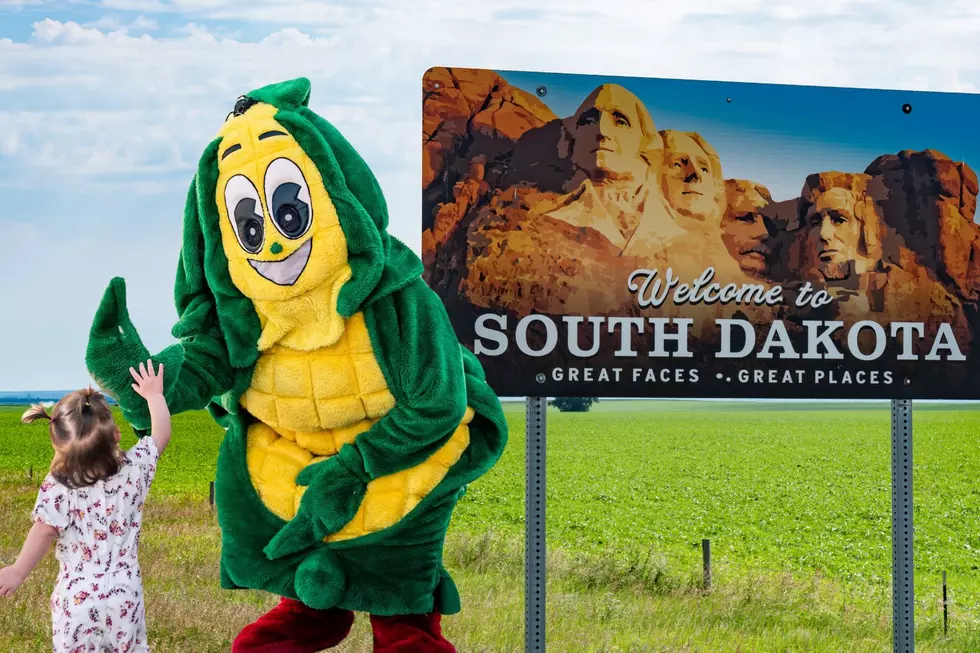![Master Songwriters Boudleaux + Felice Bryant Celebrated With New Country Music Hall of Fame Exhibit [PICTURES]](http://townsquare.media/site/623/files/2019/10/felice-boudleaux-bryant-country-music-hall-of-fame-4.jpg?w=980&q=75)
Master Songwriters Boudleaux + Felice Bryant Celebrated With New Country Music Hall of Fame Exhibit [PICTURES]
Nashville's Country Music Hall of Fame and Museum celebrated its newest exhibit, We Could: The Songwriting Artistry of Boudleaux and Felice Bryant, on Sept. 26. The event, held ahead of the exhibit's official opening on Sept. 27, was filled with speakers and tribute performances from Nashville stars.
The husband-and-wife Hall of Famers (inducted in 1991) were Music City's first career songwriters, penning more than 1,500 songs for artists such as the Everly Brothers, Little Jimmy Dickens and Roy Orbison. “It’s fair to say that, in the Nashville music industry, the Bryants invented the occupation of full-time professional songwriter, making a living crafting songs for others," Vice President of Museum Services Brenda Colladay said.
After a performance of "Country Boy" -- the Bryants' first hit thanks to Fred Rose of Acuff-Rose Publishing -- from Old Crow Medicine Show's Ketch Secor and Critter Fuqua, Colladay highlighted the couple's beginnings in music. Boudleaux Bryant was a violin prodigy who later became a fiddle player, while Felice Bryant held a love for poetry and grew up singing and acting on the radio. When the two combined their talents and moved to Nashville, they created a unique recipe for songwriting that carried on for decades.
Speaking of their early days working from their trailer on Dickerson Road in Music City, Colladay quoted something Boudleaux once told a newspaper reporter: “Inspiration is a misused word. Writing a song is something like writing a letter. You sit down, you compose your thoughts and you write.”
The Bryants' first publishing deal was with Acuff-Rose, but after years of success, they opened the House of Bryant Publishing Company, where they were free to promote their own catalog to artists. Their son, Del Bryant, spoke of his parents' contributions, saying, "Though Felice and Boudleaux were born elsewhere, they were made in Nashville, in every sense of the word.”
We Could takes its title from a song of the same name, which Felice wrote alone for Boudleaux's 34th birthday. The song, Del Bryant says, represents her talents and makes an appropriate exhibit title: "Because Mom had no formal music training, and because she was an ambitious woman in the ‘40s, ‘50s and ‘60s, her contributions were often doubted and overlooked by everyone but our father," he said.
In the Bryants' Country Music Hall of Fame exhibit lies a timeline exploring the couple's humble beginnings to their greatest successes. In cases are all 16 of the Bryants' black, leather-bound ledgers, which contain almost all of their songs -- in their original handwriting, notes scattered about across the pages. The exhibit also features a white lace dress that Felice Bryant wore to accept a BMI Award in the 1950s; a fan letter from the Rolling Stones' Keith Richards; their well-loved, nearly tattered thesaurus; their tape recorder; and the recipe for Felice's Sicilian pasta sauce, which she made for dinners with publishing executives before playing them songs at the couple's home.
During the exhibit celebration, the Country Music Hall of Fame announced that We Could will become a permanent part of the museum's collection. Del and his brother Dane Bryant donated all of the artifacts for safekeeping after a close call with their family's home, where Boudleaux and Felice Bryant spent their later years writing, during the 2016 wildfires in Gatlinburg, Tenn.
The We Could exhibit-opening celebration also featured a performance of "Love Hurts" -- written by the Bryants and made famous by the Everly Brothers -- by Jason Isbell and Alison Krauss, and a rendition of "Rocky Top" by Bobby Osborne, an original member of the Osborne Brothers, who first recorded the song, which is now the official fight song for the University of Tennessee. Guests including Ronnie Dunn and Billy Ray Cyrus joined the leagues of family, friends and music industry professionals who were on hand to see the exhibit.
Peek Inside We Could: The Songwriting Artistry of Boudleaux and Felice Bryant
More From KXRB










